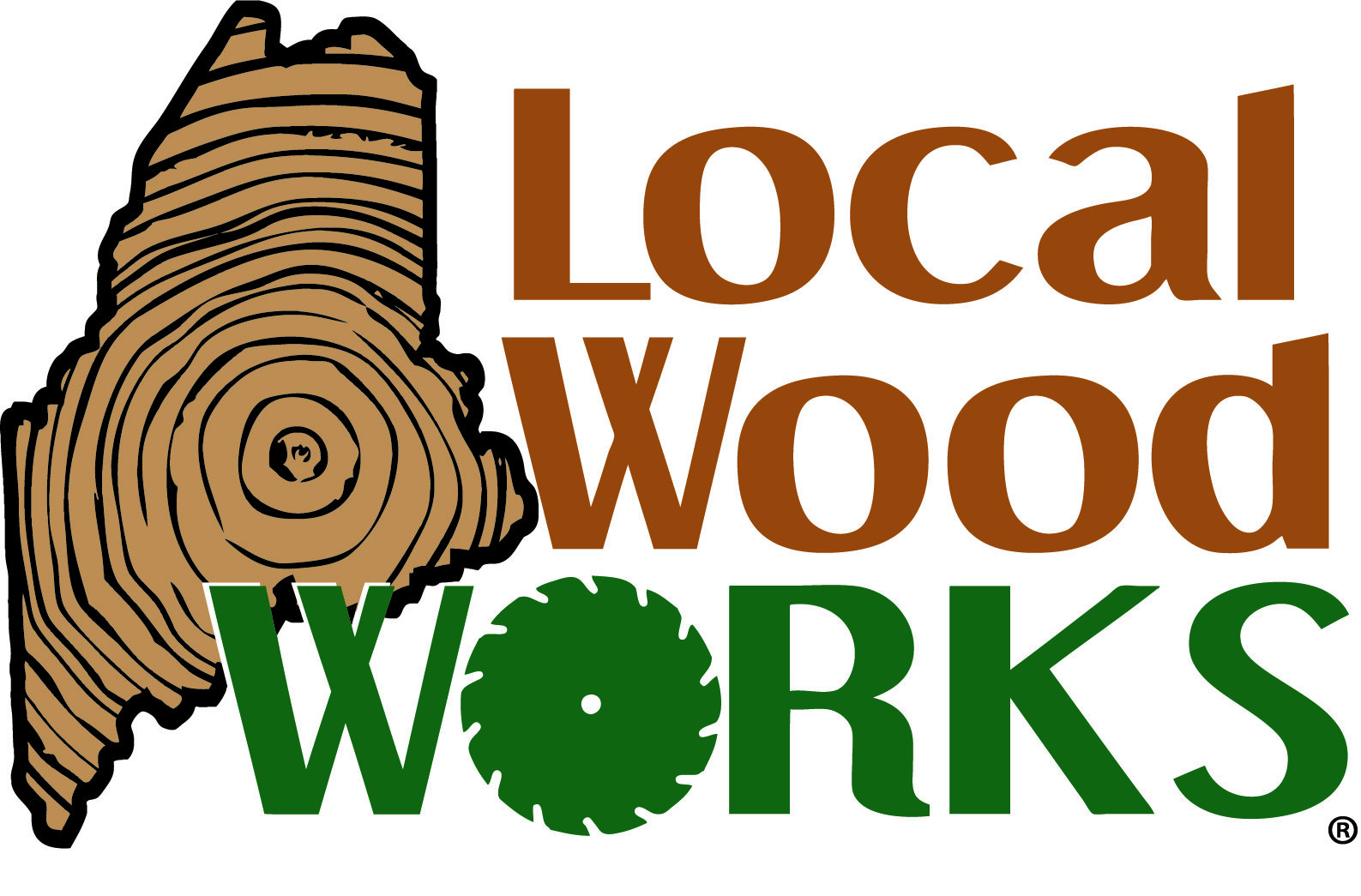Hophornbeam Supplier Sought
Mark Prentiss is looking for a logger willing to take over his business supplying hophornbeam to specialty wood markets.
“Someone’s got to take it on,” said Prentiss, who is in his mid-60s and ready to retire after 45 years as a cabinet-maker, logger, and band saw owner. He plans to downshift into seasonal maple syrup production on his 400 acres in Industry.
Mark Prentiss of Industry
File photo Jess Beer Original Irregular
Hophornbeam is a niche wood product with an avid following. It’s used for tool handles, solid wood rollers in the rigging industry, and martial arts Bo staffs. “Hornbeam has a mystique. People want it,” said Prentiss. His chief customer is Lie-Nielsen Toolworks in Warren, maker of exquisite woodworking tools. “They pay a lot for it.”
The owner of Lie-Nielsen is getting worried.
“I have asked everybody in the woods business that I come across about hophornbeam, including sawmills that we’ve talked to from time to time, and no one is interested in supplying hophornbeam. At all, “ said Tom Lie-Nielsen. “It’s a real problem. I’ve offered to pay a premium for hophornbeam logs. Doesn’t happen. So, I don’t know, frankly, how to incentivize people ot harvest this wonderful wood so it can be used for something besides burning.”
Eastern hophornbeam grows everywhere in Maine, but it’s easily overlooked. It’s a slender tree that grows in the shade of others. Harvesting it is inefficient because its small size and dispersed occurrence. There’s also a lot of waste in milling its twisty shape into uniform planks. “It’s very labor intensive,” said Prentiss. Needless to say, most loggers regard it as “miscellaneous hardwood” and throw it into biomass, firewood or pulp pile. That is a crime, in Prentiss’s book. “Maine wastes so much wood,” said Prentiss. “Hophornbeam is one of them we waste.”
Are you an entrepreneurial sort interested in supplying Eastern Hophornbeam bolt-wood for specialty markets? It may involve developing a network of loggers, consulting foresters and concentration yard owners. Logs must be milled into standard-size planks or lathe turned into rollers and rods. Western Maine is an ideal base of operation. For more details on getting started, call Mark Prentiss in Industry. Phone: 778-2058
Hophornbeam, also known as ironwood, is ideal for some uses because it has unusual characteristics. It’s a very hard, dense wood that polishes up to a satin-ey finish and can take a lot of pounding. Traditionally, it was used to make tool handles, splitting wedges, hand plane soles, trip stakes on log-hauling trucks, and wagon tongues. It makes an ideal chisel handle, says Lie-Nielsen.
“It’s very close grained, extremely tough on the end grain. Using a mallet or hammer on it is fine. It’s just very hard and strong. Meant to be hit.”
Hophornbeam can also be milled into long, thin rollers used in the rigging business to move industrial transformers and other immense loads. “You can put three or four hundred thousand pounds on six-inch wood rollers,” said Bob Eberheim, owner of Eastern Rigging Supply in Stamford, Ct. “As a solid wood roller, it’s great for distributing a load. Nothing works quite as well as hophornbeam. Believe me, I’ve tried. “The reason hophornbeam is good [as a roller] is because, as you lead a load onto it or off, there’s a potential for a roller to shoot out. Metal sometimes spits out and can cause injuries,” said Eberheim. “Hophornbeam has a little grip to it.”
Hophornbeam supplier wanted
Eberheim is eager for a steady supply of hophornbeam. “If you come across any, I’m interested.” For many years, he maintained a standing list of industrial companies interested in aquiring hophornbeam rollers. “It’s been long enough now, for the most part, they’ve found other ways,” he said. But he’s certain customers would return. “This is something I’d get back in to. Respond if you have anything.”
If you’re interested in becoming a supplier, consider teaming up with HA Stiles, a wood turnery in Westbrook. The company sources hardwood for dowels, pins, balusters and columns. The company could easily pick up a new product line, said Steve Parrish, vice president for sales. “We can get some loggers who can go get it, but we’re not going to do it until Mark’s ready to retire,” said Parrish. “Mark’s a great guy.”


